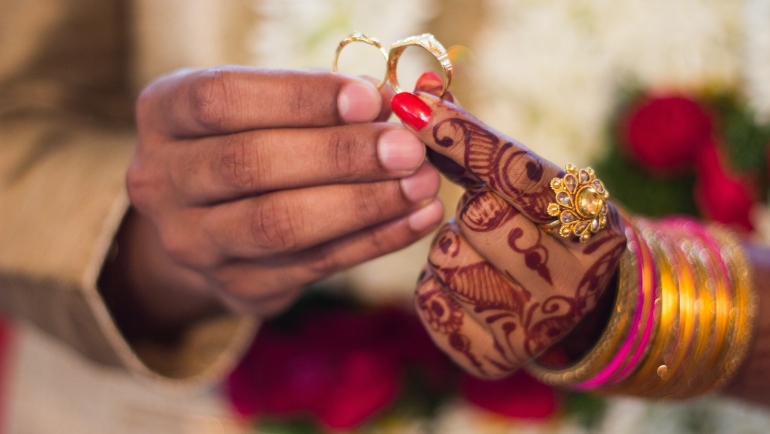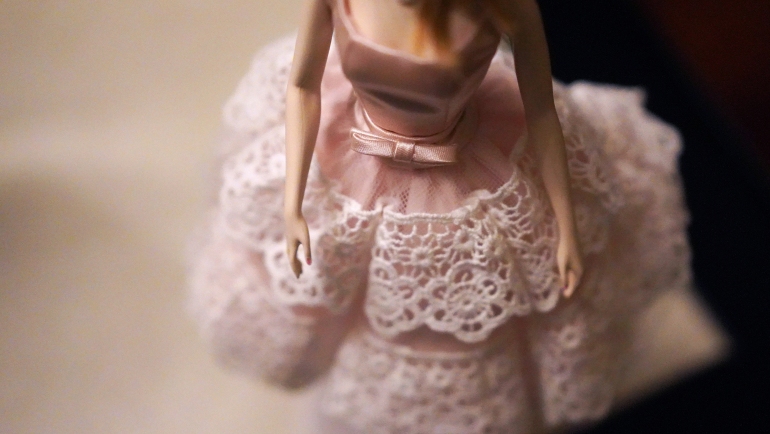600Views 0Comments
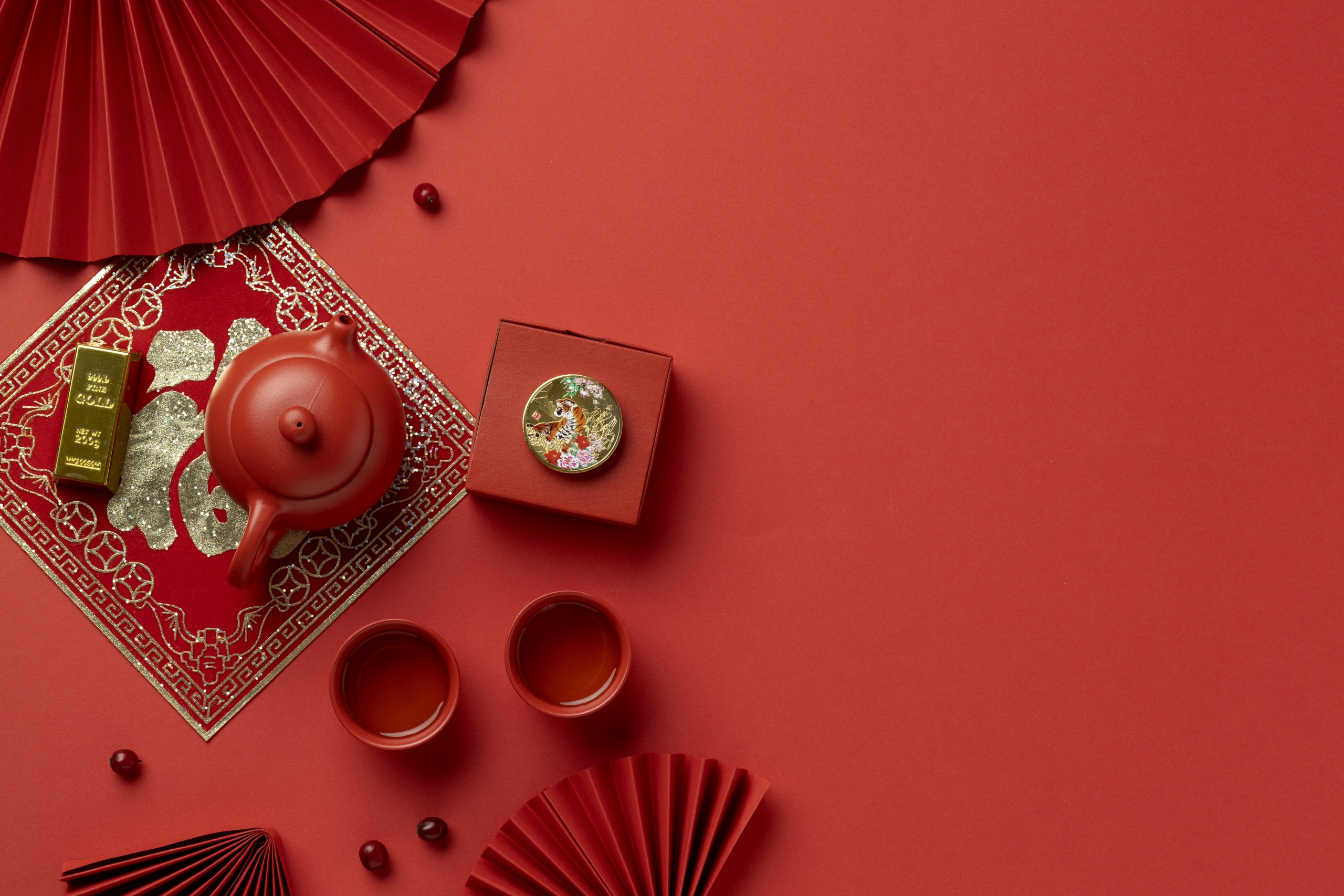
Feng Shui ideas for a Bright Beginning of Your Wedding

Whether you’re a free-spirited soul or a meticulous planner, weddings are a once-in-a-lifetime experience. And what better way to begin this journey than by carefully selecting the perfect date? For those living in vibrant Asian countries like Hong Kong, Singapore, or Taiwan, the concept of feng shui is likely familiar to you. Incorporating feng shui principles into your wedding can bring an extra touch of harmony and positivity to your special day.
Planning a feng shui wedding opens up a world of possibilities guided by the principles of harmony and balance. Let’s explore some fantastic ideas you can consider to make your wedding a true feng shui celebration. One key aspect to keep in mind is the power of colors. From the wedding decorations to the cake, venue, and invitations, following feng shui rules will ensure you make the perfect choices, radiating positive energy throughout.
1. What Colors Are Bad Luck for a Feng Shui Wedding?
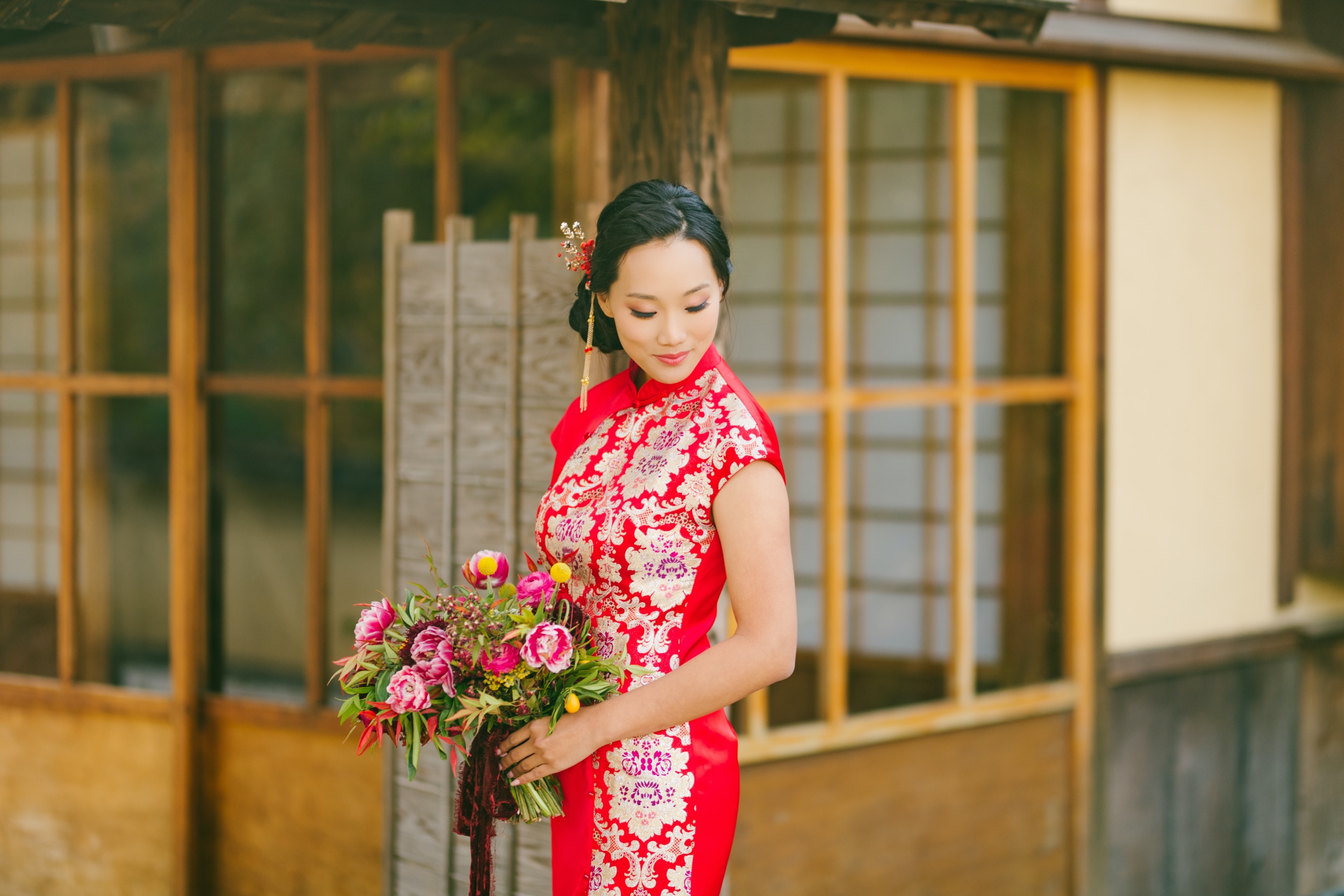
The question of which colors bring bad luck in a Feng Shui wedding is an interesting one indeed. While Western culture associates white with purity and bridal attire, Eastern weddings have a different perspective. In Eastern traditions, white is considered the color of death, typically reserved for funeral wear.
So, what colors should you choose for a Feng Shui wedding dress? According to Feng Shui principles, red is believed to be the most auspicious color for a bridal gown. It symbolizes joy, luck, and prosperity. Ultimately, the choice is yours, and it’s important to select a color that resonates with you and brings you happiness on your special day.
2. How to Choose the Wedding Venue?
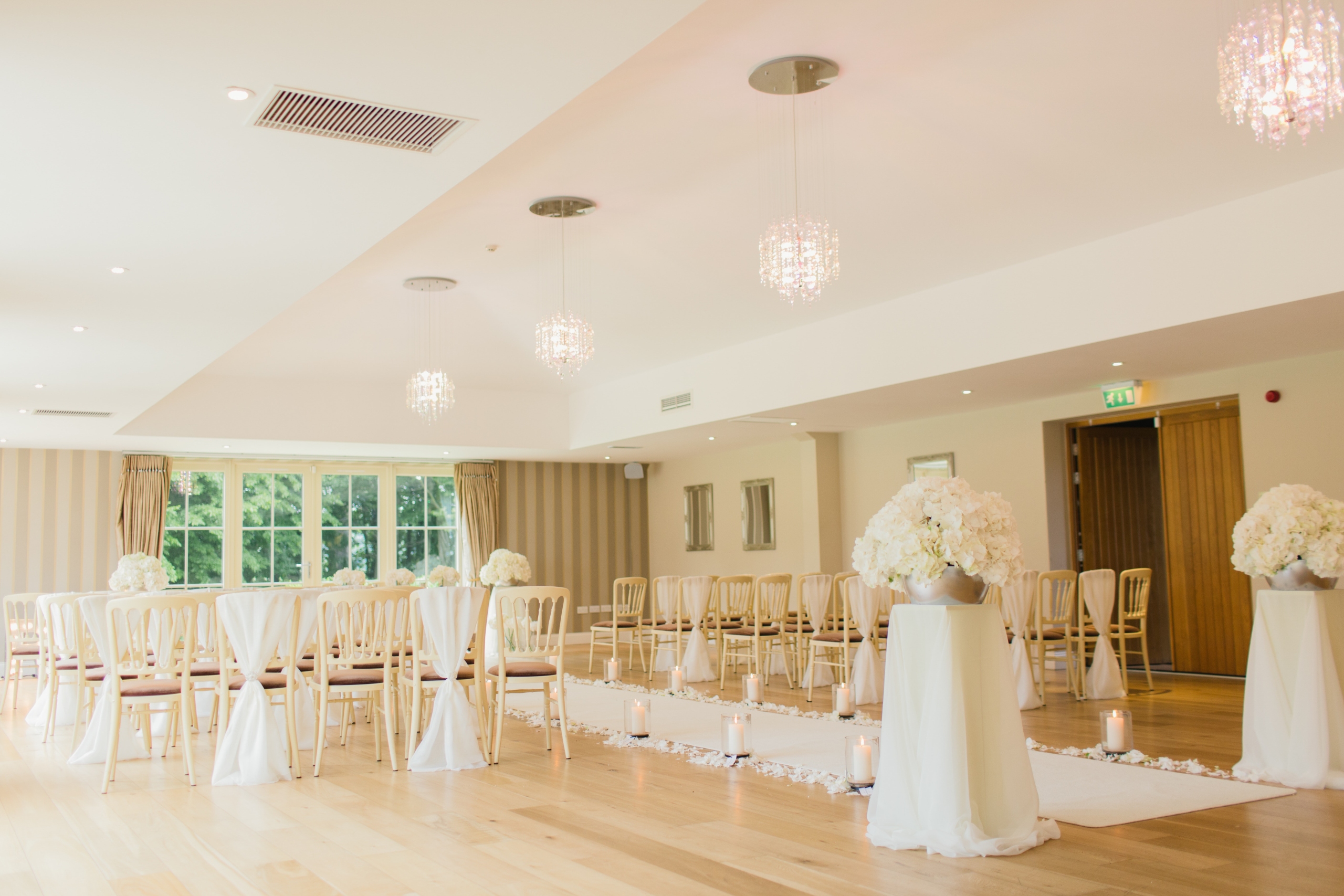
Selecting the perfect wedding venue is crucial when it comes to creating a harmonious and feng shui-friendly atmosphere. To ensure the best energy flow, it’s recommended to choose a venue that offers ample natural light. Avoid dimly lit spaces with limited windows, as they may hinder the positive energy from flowing freely. Opting for a venue with abundant light not only enhances the aesthetics but also enhances the auspiciousness of your marriage.
In addition to light, consider a venue with high ceilings as it helps to elevate and contain the chi energy around you. This creates a sense of openness and amplifies the positive vibes on your special day. Surrounding yourself with nature is also considered good feng shui, so keep an eye out for venues located by a lakeside or with beautiful gardens. The serene beauty of nature adds an extra touch of tranquility and harmony to your wedding ceremony.
3. How to Choose the Wedding Date?
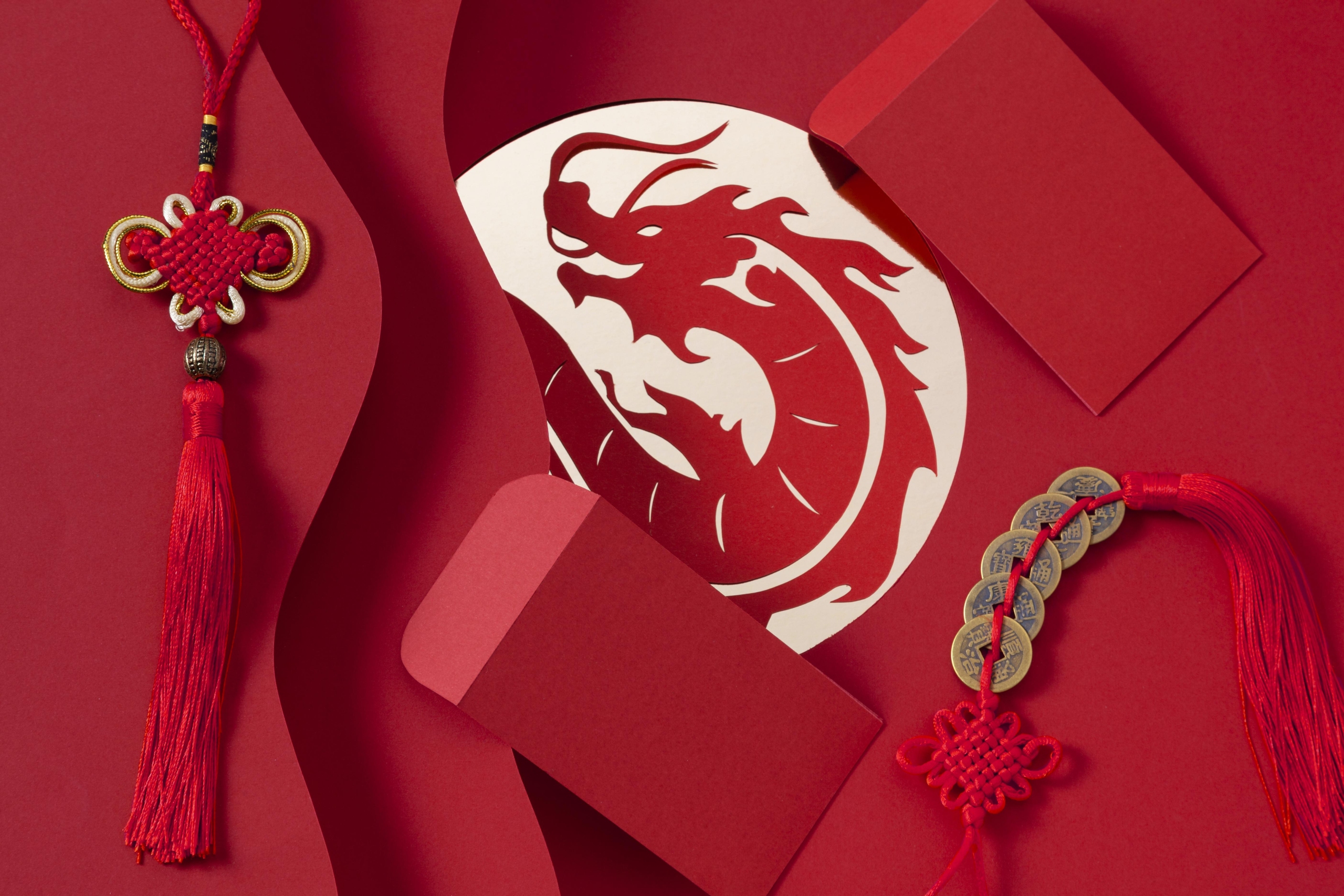
Choose years with Double Spring or a Leap Month
In the Chinese calendar, a Double Spring Year occurs when there are two “Beginning of Spring” occasions, known as 立春 (lì chūn), within a single year. Spring symbolises new beginnings and having 2 of them makes it a great time to hold a wedding.
Set a 100 days gap between other joyous or sombre occasions
In the realm of feng shui, it is recommended to leave a 100-day gap between your wedding day and other joyous or sombre occasions. This practice ensures that the flow of positive energy remains undisturbed during this particular special moment in your lives.
Attending joyous events, such as another wedding or a baby’s full month celebration, within this 100-day window before or after your own wedding is advised against. The reason behind this is the belief in “喜冲喜” (xǐ chōng xǐ), where the clash of happiness from attending multiple celebrations may unintentionally disrupt the couple’s own luck and harmony.
In contrast, it’s often recommended for couples to refrain from attending somber events like funerals within 100 days before and after their wedding. It is believed that negative energy might cling to the couple, potentially bringing bad luck or even impacting the success of their marriage. Additionally, it’s generally advised not to invite anyone who is mourning during this 100-day period.
Give red packets if you meet another bride on your wedding day
Since more and more weddings are held in hotels, there would be more than one wedding party held in the venue at the same time. It would be also considered as “喜冲喜” (xǐ chōng xǐ), resulting in a clash of energy and luck.
To solve this problem, the brides should prepare red packets for other brides in case of meeting other brides or bridesmaids at the venue.
Beware of the zodiac signs of the bride, groom & both parents
In accordance with the Chinese zodiac belief system, specific zodiac signs are believed to clash with each other. As a result, it becomes crucial for couples to carefully select a day and month that does not clash with the six most significant individuals involved in any wedding: the bride, the groom, as well as their respective parents.
Avoid April & August if you are superstitious
The Qing Ming Festival, also known as the Tomb-Sweeping Festival, is a time whenChinese people traditionally visit ancestral tombs to sweep them. Given the solemnity and reverence associated with this occasion, it is only natural to avoid scheduling weddings during this period. Not only could it be considered disrespectful, but it may also detract from the joyous atmosphere typically associated with weddings.
Another period that cautious individuals might want to steer clear of is the Hungry Ghost Month. This period varies each year, falling somewhere between August and September based on the lunar calendar. Tradition warns against holding weddings during this month due to superstitions surrounding the presence of wandering spirits.


